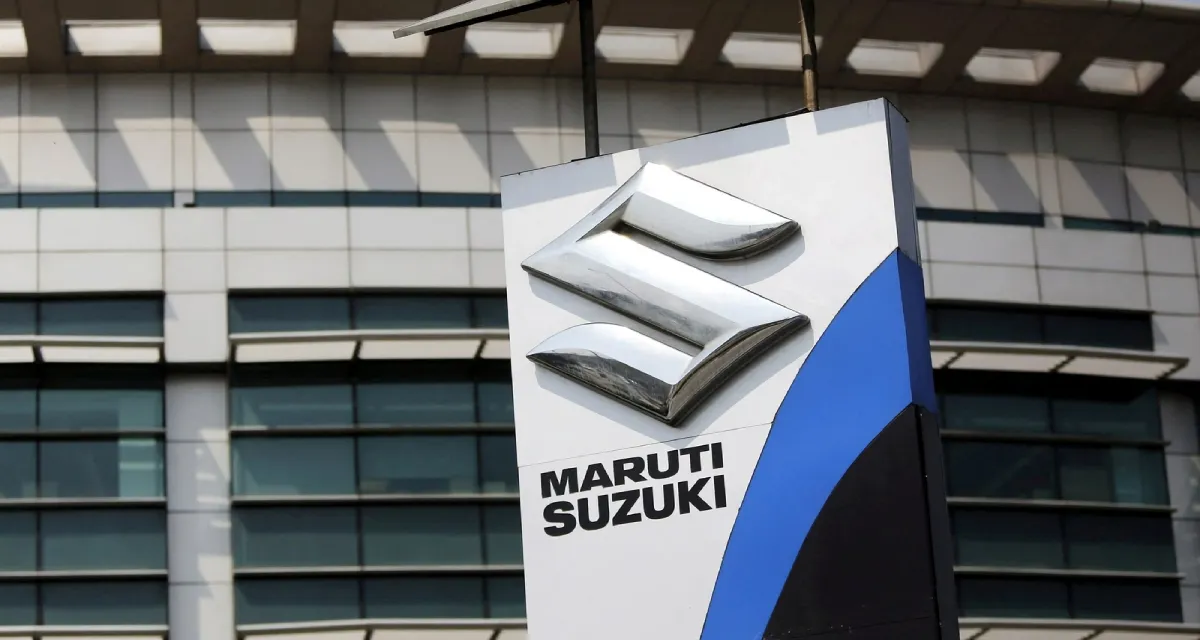

India's largest car maker Maruti Suzuki India Ltd is adjusting its production to ease rising inventories at dealerships amid a slowdown in the demand for passenger vehicles in the country. Read the details below:
In recent months, Maruti Suzuki has been adjusting its production to better align with the current market conditions. This decision comes as the Federation of Automotive Dealers Association (FADA) expressed concern over the increasing number of unsold vehicles sitting at dealerships. The FADA urged automakers to be more prudent in their production to avoid excessive stock accumulation.
According to the management at Suzuki Motor Corp, Maruti Suzuki has been closely monitoring demand trends and is making necessary production adjustments to reduce market stock. This move is crucial in preventing further build-up of inventory, which can lead to additional costs for the company and its dealerships.
The signs of a slowdown have been evident for some time. Maruti Suzuki's domestic passenger vehicle dispatches to dealerships in July saw a significant decline of around 10% compared to the same month last year. Additionally, the overall volume of vehicles dispatched during the April-July period showed a nearly 2% decrease from the previous year.
Despite these challenges, the company noted a slight improvement in retail sales during July, compared to the April-June period. Retail sales for the April-July period managed to achieve a modest 3% year-on-year increase. However, the company acknowledged that these gains were not sufficient to offset the need for inventory adjustments.
Maruti Suzuki has been proactive in responding to these market changes. The company began slowing down production from June onwards. The monthly production data indicated a decrease in output during both June and July, signaling the company's efforts to curb the rise in unsold vehicles.
Despite this slowdown in production, Maruti Suzuki's overall production during the April-July period was still higher than in the same period last year. However, the company recognized that further steps were needed to bring inventory levels back to a more manageable level.
The buildup of unsold cars at dealerships has led to an increase in discounts offered by Maruti Suzuki. During the April-June period, the company provided an average discount of ₹21,700 per vehicle, a significant rise from the ₹14,500 average discount offered in the January-March period. These discounts are a direct response to the higher inventory levels, as the company seeks to attract more buyers and reduce the number of unsold vehicles.
Rahul Bharti, Maruti Suzuki's Executive Director for Corporate Affairs, recently commented on the company's inventory situation. He acknowledged that while inventory levels were slightly higher than optimal, they were still manageable. Bharti explained that a 30-day inventory is considered normal, and by the end of June, Maruti Suzuki had an inventory of 37 days. This slight increase in inventory levels has prompted the company to take necessary measures to bring the stock back to a more balanced level.
To sum up, Maruti Suzuki's decision to adjust its production in response to the growing inventory concerns reflects the challenges faced by the automotive industry in India. As the demand for passenger vehicles shows signs of slowing down, the company is taking proactive steps to manage its inventory levels and avoid potential financial strains. By offering higher discounts and closely monitoring market trends, Maruti Suzuki aims to maintain its position as India's largest car maker while navigating the complexities of a changing market. The company's focus on balancing production with demand highlights its commitment to sustainable growth in a competitive industry.
Also Read: